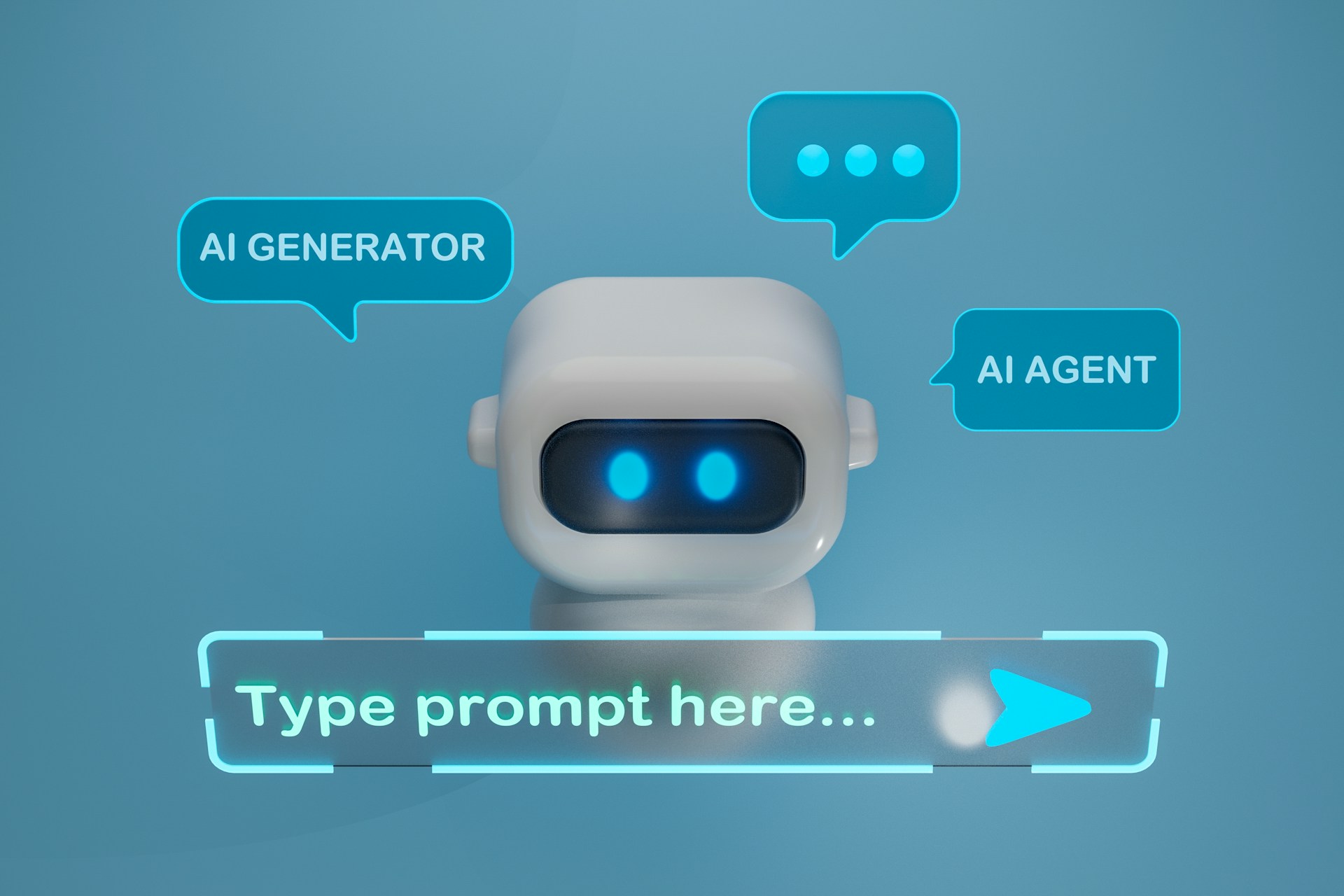
Artificial intelligence, or AI, is no longer a concept of science fiction. Today, AI is a driving force in every corner of the modern job market. From automating tasks to driving innovation, AI is transforming modern careers at a pace that challenges professionals to adapt rapidly. It is transforming industries, redefining skill sets, and opening doors to new possibilities that once seemed out of reach. To thrive in this era, professionals and organizations must learn to work with AI, not against it.
The Expanding Reach of AI Across Industries
AI is shaping modern careers most visibly in industries that handle large amounts of data. In healthcare, for example, AI supports faster diagnosis by analyzing medical images with remarkable accuracy. Financial firms rely on AI algorithms to detect fraud, predict trends, and assist with investment strategies. In education, AI creates personalized learning experiences tailored to the unique needs of students, while in retail, it powers recommendation engines that enhance customer experiences.
Manufacturing and logistics also see massive benefits from AI. Automation enables companies to meet high production demands while minimizing costly human errors. These examples demonstrate that AI not only replaces specific tasks but also enhances efficiency and accuracy, enabling workers to achieve results that were previously impossible.
New Career Paths and Emerging Job Roles
With the rise of AI, entirely new roles are emerging. Jobs like data scientist, AI engineer, and machine learning specialist are now in high demand. Even positions that did not exist a few years ago, such as a prompt engineer or an AI ethicist, are quickly becoming essential in today’s market. AI is shaping modern careers in fields beyond technical ones. Marketing teams now require experts in AI-driven analytics, and designers utilize AI to predict trends or generate creative ideas more efficiently.
Creative industries are also embracing AI as a partner rather than a competitor. Writers use AI tools to draft content outlines, while artists and filmmakers experiment with generative models to create innovative designs and concepts. These tools allow creative professionals to focus on higher-level thinking and execution, blending human imagination with machine precision.
Lifelong Learning as a Career Essential
In a world where AI evolves rapidly, the need for continuous learning has never been greater. Workers who actively build new skills remain competitive and ready for change. Many professionals are turning to online platforms to learn data analysis, programming, or AI fundamentals. Others focus on developing soft skills that machines cannot replicate, like leadership, empathy, and critical thinking.
Businesses also recognize that growth depends on employee readiness. Forward-thinking companies invest in training programs and workshops to help teams stay current with technological advances. By fostering a culture of learning, organizations ensure their workforce can adapt and thrive in an AI-driven future.
The Power of Human-Centric Skills
Even with rapid advancements, AI shaping modern careers highlights the enduring value of human abilities. Skills such as communication, empathy, and creative problem-solving continue to be in high demand. Machines can process data at incredible speeds, but they lack the human capacity for emotional intelligence and nuanced decision-making.
Take healthcare as an example. AI can quickly scan thousands of patient records to suggest a diagnosis, but it takes a human doctor to explain results with compassion and clarity. Similarly, AI-powered chatbots may answer customer queries instantly, but only human agents can provide the understanding and trust that create lasting relationships. This balance between human and machine contributions is what drives long-term success in the workplace.
Preparing for the Future of Work
As AI integrates into daily work, the skills needed for success are shifting. Digital literacy is now as crucial as traditional communication or teamwork. Professionals who adapt by embracing AI tools gain a significant edge. Staying curious, asking questions, and experimenting with new technologies help workers understand how to use AI effectively in their roles.
Organizations also have a role to play. Employers who provide mentorship, hands-on training, and opportunities for experimentation empower their teams to grow in tandem with the latest technology advancements. This proactive approach ensures that AI supports innovation without leaving workers behind.
Addressing Challenges and Ethical Questions
Despite its numerous benefits, AI also presents challenges. Many workers fear that automation could replace their jobs. While some repetitive tasks are automated, the demand for human oversight and advanced problem-solving remains constant. Companies must address these concerns by offering transparent communication and retraining opportunities to help employees transition into new roles.
Ethical questions also surface as AI spreads. Issues such as bias in algorithms, data privacy, and responsible usage require careful management. Businesses that adopt ethical AI practices build trust with both employees and customers. Policymakers are also stepping in to create regulations that promote fairness and safety in AI use, ensuring that technological progress benefits society as a whole.
A Balanced Vision for the AI Era
AI is shaping modern careers, but it’s about more than technology—it is about how people adapt, collaborate, and grow with it. The most successful professionals will be those who embrace change, remain curious, and see AI as a partner rather than a threat. By developing strong technical skills while cultivating human qualities, workers strike a balance that ensures relevance in a rapidly changing market.
The future belongs to those who act now. Whether you are an engineer, teacher, nurse, or artist, learning how AI can enhance your work positions you for long-term success. Technology will continue to evolve, but the value of human insight, creativity, and empathy will never wane.